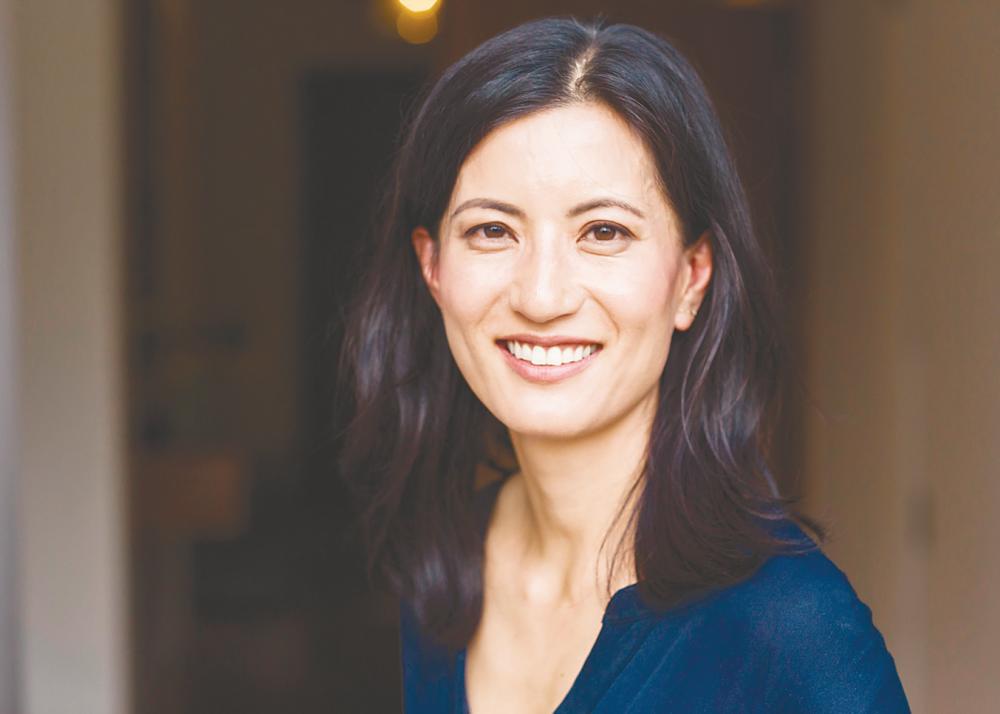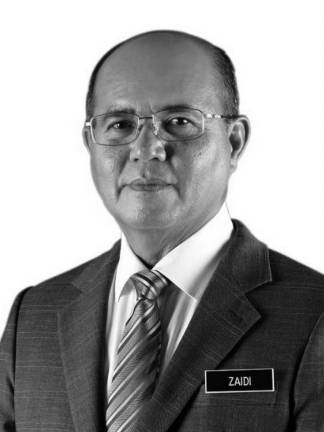JOANNE RAMOS lived the American dream. She was born in the Philippines and moved to Wisconsin in the US with her family when she was six years old.
She eventually graduated from Princeton University and worked in investment banking and private-equity investment for many years before becoming a staff writer for The Economist.
Writing her first novel took a while, but The Farm is already receiving very good reviews.
The book is about Jane, a young Filipina single mum, who decides to become a surrogate mother. She heads to Golden Oaks, a luxury retreat which houses young women paid to carry the babies of very wealthy couples.
Not only are these women paid very well for their services, but they are also given the best care and treatment. However this ‘paradise’ has its own set of rules, and for a young mother away from her own baby for a long time, it can be hell.
At the time of our tele-conference interview, Ramos was in London as part of her UK book tour. The Farm has already been translated into several languages, including Italian and Chinese.
Recalling what inspired her to write The Farm, Ramos said: “When I was growing up [in the US] in the late 1970s, there were not many Asians. But on the weekends, we would travel 30 minutes away to visit my father’s family in Milwaukee. There was a small Filipino community there who were very tight.”
She said on weekdays, she felt different from those around her, but on weekends, she really felt she was part of something bigger.
“Flash-forward to when I am in my 30s and raising my three young children after a career in finance. The only Filipinas I knew were housekeepers and ‘baby nurses’.
“That was quite jarring because growing up, I knew many Filipinas (doing all sorts of jobs) and now the only ones I knew were domestic workers.”
This reinforced what Ramos had noticed for a long time – that most immigrants who come in search of the American dream in fact struggle to earn a living.
“I was thinking about the women who became my friends. Who left their children back in the Philippines, and supported their children from New York. I wondered what that must have felt like to not see your child, and to raise another person’s child.”
Ramos said that she started writing the book when she turned 40, and it took one-and-a-half years of trying to come up with ideas, and to focus on what she really wanted to write about.
Then she came across an article in the Wall Street Journal about a surrogacy facility in India.
“It was very short; it was only two or three paragraphs. After that, I could not shake the idea of surrogacy – and the Filipinas.”
She said she re-imagined the facility described in the article as a luxurious one, and the surrogate mothers as women from the diverse groups of people that can be found in New York.
Then she thought of the facility as a place where billionaires would pay to have a stranger carry their baby to full-term.
“That is how [The Farm] came to be,” said Ramos.
On the surface, Golden Oaks comes across as this luxury spa for surrogate mothers who are well-cared for, living in a relaxing atmosphere that would make anyone happy.
However, they are prevented from leaving the facility, and contact with family is limited. There is also a downside should there be something wrong with the baby they are carrying.
“I think American mythology is that way too. There are stories we tell ourselves to make things okay.
“So there is a story that the people who hire Golden Oaks tell themselves: it is a beautiful place, and these women are lucky to be here.”
Ramos said that the people at Golden Oaks are not the only ones who create this mythology, but everyday people do the same (on a smaller scale) in order to feel less guilty about things that go on around them.
The book’s protagonist Jane is conflicted but essentially doesn’t speak up. Unlike Lisa, another surrogate who breaks the rules, and says what she wants.
Ramos said people don’t realise that advocating for oneself, or speaking up, is a privilege. “To be able to act like Lisa is a privilege. It speaks not only of her personality, but the power she has.”
Ramos added that the fact that Jane doesn’t speak up for herself speaks of the lack of power she has – or thinks she doesn’t have.













